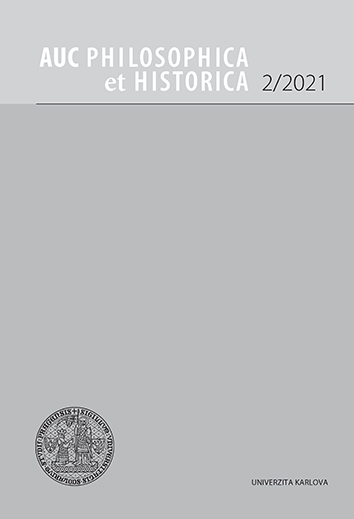„Lidská psycha je internacionální.“ K surrealismu a české dobové debatě
“The Human Psyche is International.” On Surrealism and the Czech Period Debate
Author(s): Lenka BydžovskáSubject(s): Fine Arts / Performing Arts, Cultural history, Comparative Study of Literature, Interwar Period (1920 - 1939), Sociology of Art, History of Art
Published by: Univerzita Karlova v Praze, Nakladatelství Karolinum
Keywords: surrealism; avant-garde movement; internationalism and universalism
Summary/Abstract: On the front page of the Czech-French International Bulletin of Surrealism, published in spring 1935 by the Surrealist Group in the Czechoslovakia in direct collaboration with André Breton and Paul Eluard, Vítězslav Nezval stressed the international character of this movement, which, in his words, abolished not only the boundaries between reality and dream, but also the boundaries between nations and languages. The strategy of the Czech interwar avant-garde, which in the 1920s confidently developed its own artistic trends and viewed surrealism with a critical distance that included both ideological and artistic reservations, is worth noting.This paper seeks to delineate the essential issues. Why did the Czech avant-garde join Surrealism in the 1930s, how did it justify its decision theoretically, and what role did it play in the international context? How did Breton’s desire to spread Surrealism across Europe and other continents relate to his demand, expressed in his 1953 Paris monograph Toyen, for a comparative study of the characteristics of art in different countries, based on the methods of experimental psychology and taking into account the specific political situation? And what lessons can be drawn from the current exhibition project Surrealism Beyond Borders?
Journal: Acta Universitatis Carolinae Philosophica et Historica
- Issue Year: XXVII/2021
- Issue No: 2
- Page Range: 101-105
- Page Count: 5
- Language: Czech

